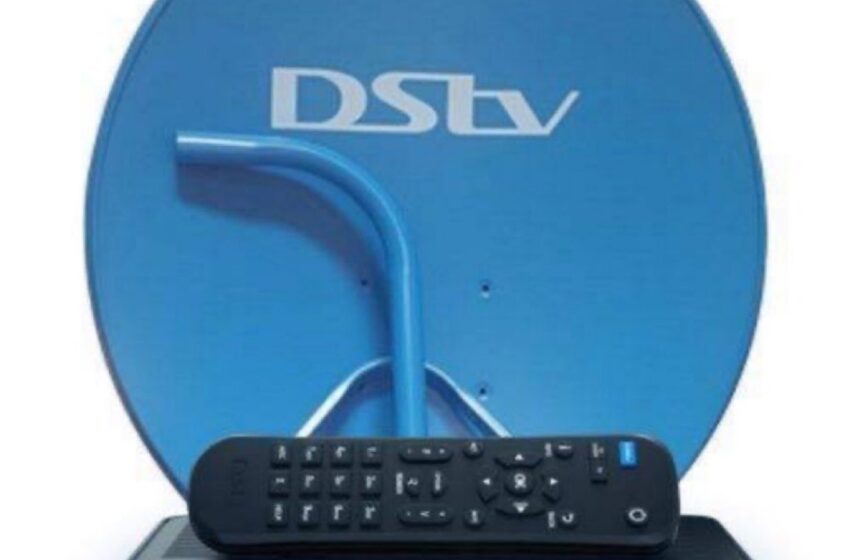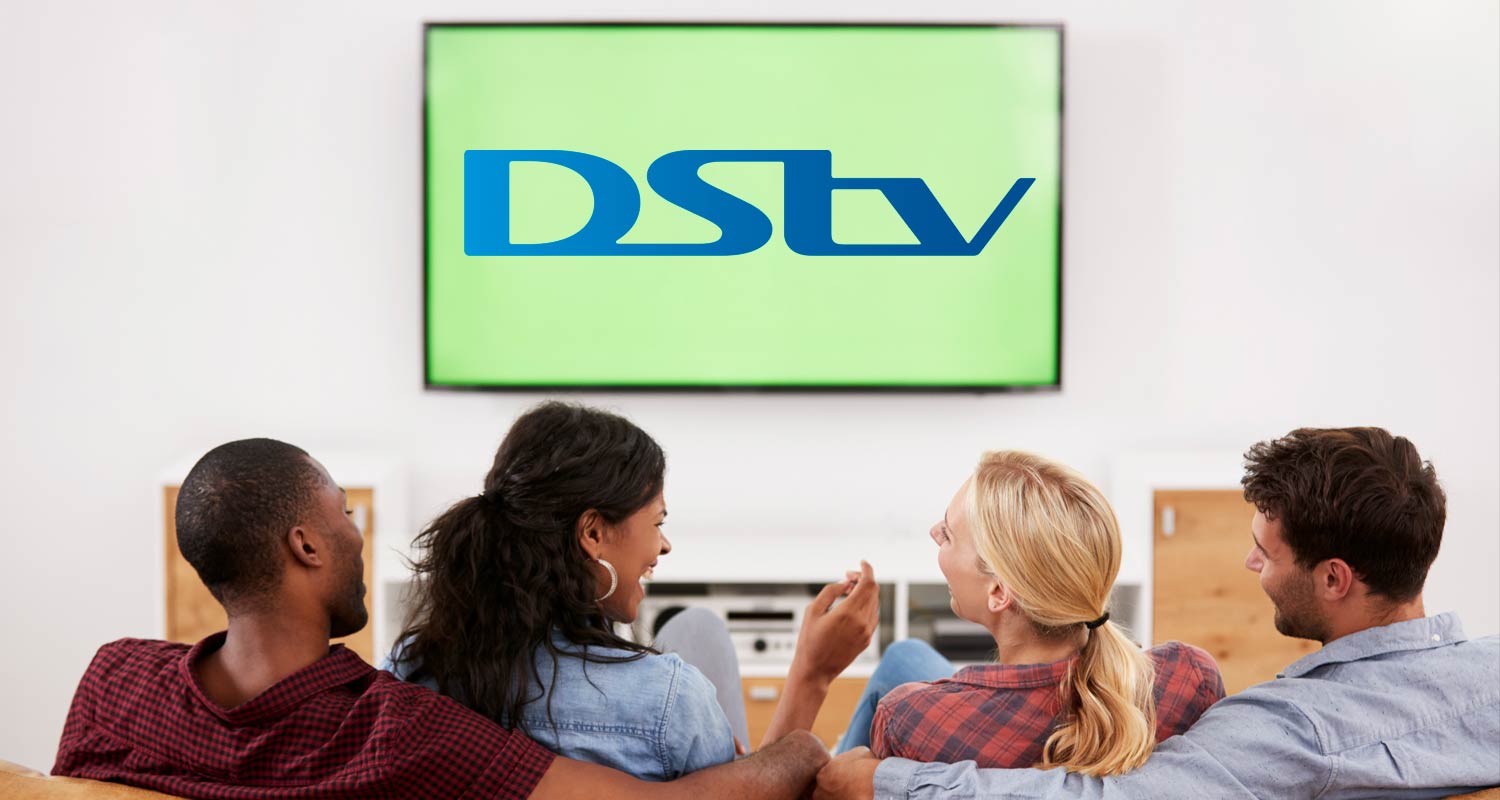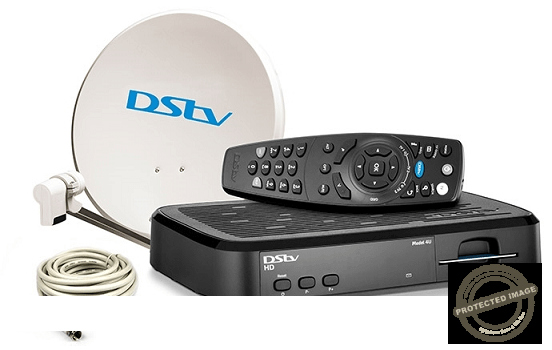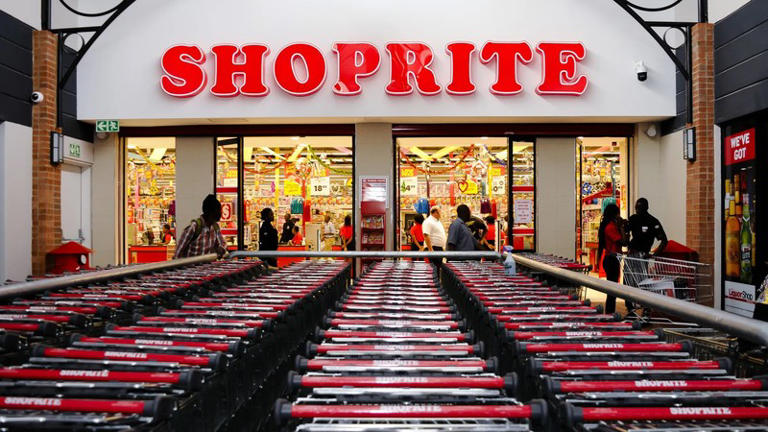Can Ghana force MultiChoice to cut DStv prices like Nigeria did?

Multichoice Nigeria faces a major regulatory storm as it grapples with a ₦766m data privacy fine amid dwindling subscriber numbers and rising consumer discontent.
In the wake of Ghana’s recent regulatory standoff with MultiChoice over what government officials describe as “exorbitant bouquet prices,” the question now dominating public discourse is: can Ghana follow Nigeria’s footsteps in forcing MultiChoice to reduce subscription costs?
The comparison is not misplaced. Ghana’s Minister of Communications and Digitalisation, Ursula Owusu-Ekuful, explicitly referenced the Nigerian precedent in which MultiChoice was compelled to halt price increases after facing legal and parliamentary pressure. In 2022, the Nigerian House of Representatives summoned MultiChoice executives over price hikes, demanding a suspension of increases until regulatory reviews were complete. The Pay-TV giant complied under pressure and paused its pricing changes, albeit temporarily.
This historical context sets a precedent that is now informing Ghana’s strategy.
The Ghanaian Approach: Regulatory Muscle or Populist Posturing?
In Ghana, Member of Parliament and Communications Committee member, Samuel Nartey George, has taken center stage in challenging MultiChoice. He publicly rejected an alternate proposal made by MultiChoice that would have allowed the company to maintain current prices while withholding revenue repatriation. George labeled it “illogical” and “tone-deaf,” saying the real issue was affordability for Ghanaian consumers.
READ ALSO
Ghana saga: Is it time for MultiChoice to rethink Pay-TV model?
MultiChoice vs Ghana: What ongoing faceoff means for DStv subscribers
MultiChoice rejects 30% DStv fee reduction proposal… what this means for subscribers
The Ghanaian government has already hinted at using the Electronic Communications Act to enforce new regulations and even hinted at blacking out DStv if negotiations stall. Such legal and policy instruments—if implemented effectively—could give Ghana the leverage to demand real price adjustments.
However, Ghana’s consumer protection and regulatory frameworks do not yet wield the same scale of political clout or urgency as Nigeria’s National Assembly demonstrated. Unless parliament throws its full weight behind the issue or civil society rallies more support, Ghana may struggle to exert the same level of pressure.
The Nigerian Template: What Worked and What Didn’t
In Nigeria, MultiChoice eventually adjusted some of its plans but also faced legal backlash, including a ₦150 million fine in April 2024 after ignoring a tribunal ruling to reverse a price hike. These actions sent a strong message to other operators.
However, it’s worth noting that Nigeria’s Pay-TV price saga hasn’t led to long-term affordability. Many Nigerians still complain about the cost, and the market has seen only marginal relief. Furthermore, the company continues to assert its pricing freedom in court, underlining the limitations of government-imposed pricing without structural reforms.
Ghana must take note of this partial success—government intervention may provide short-term relief, but sustainable affordability will likely depend on broader market competition and innovation, not just regulatory clampdowns.
Subscriber Power and Public Sentiment
The public outcry in Ghana has been sharp and focused. Consumers increasingly view MultiChoice as exploitative, especially in light of falling inflation, a stronger cedi, and reduced fuel prices—factors which should normally favor price reductions. In this climate, government pushback enjoys strong popular support.
If the Ghanaian government can channel this sentiment into legislative and legal action, it could recreate the pressure cooker that forced MultiChoice’s hand in Nigeria.
The Business Challenge for MultiChoice
The wider problem for MultiChoice is that both the Ghanaian and Nigerian episodes underscore growing dissatisfaction with its legacy Pay-TV model. In Nigeria, the company has reportedly lost over 1 million subscribers in recent years, partly due to economic pressures and the rise of streaming alternatives. In Ghana, the backlash threatens to erode brand trust.
If more African governments adopt similar stances, MultiChoice may have no choice but to redesign its pricing architecture or pivot fully toward more flexible and affordable OTT models.
Conclusion: Can Ghana Pull It Off?
Yes, Ghana can push for a major price slash—but only if the government escalates its response from public rebuke to enforceable regulatory action. It will also need institutional support from parliament, the regulator (NCA), and possibly the judiciary.
The Nigerian case provides a model, but it also reveals the limits of regulatory intervention without long-term reform. To truly succeed, Ghana must pair political will with structural adjustments—such as supporting local competition, reviewing foreign pricing models, and enabling consumer choice.
Ultimately, if Ghana succeeds, it could become a leading example of consumer protection in Africa’s Pay-TV sector. But failure to act decisively may embolden MultiChoice to maintain its grip and pricing strategies unchanged.




